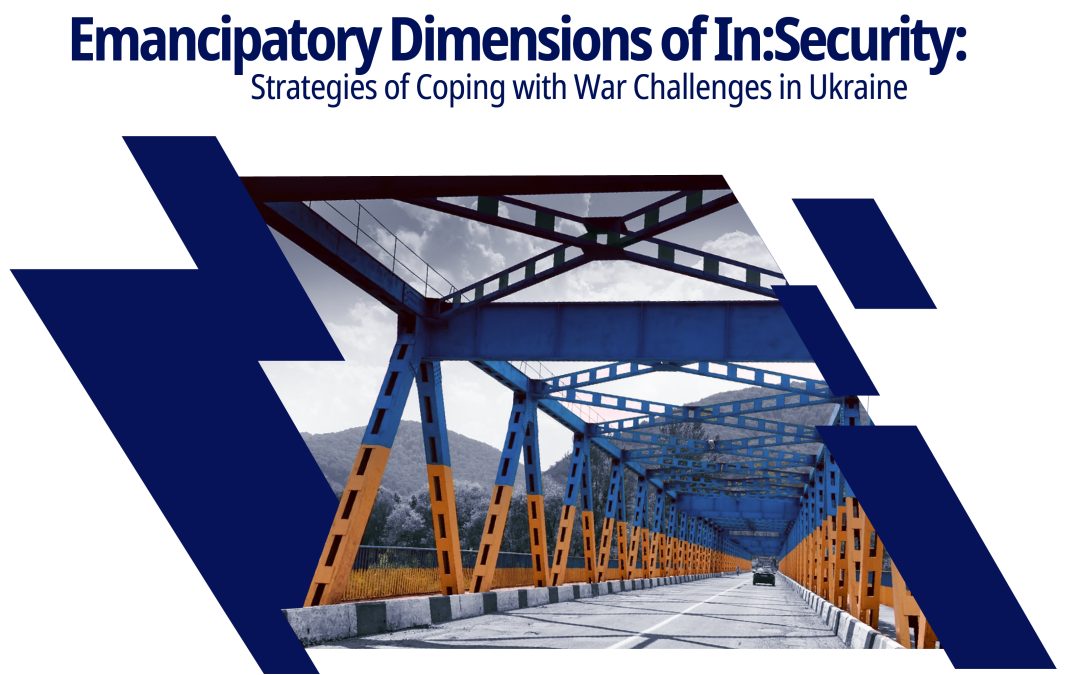F3: Emancipatory Dimensions of In:Security (Workshop)
Dr. Nadja Douglas (ZOiS)

Women, Peace and Security Chiefs of Defense Network Conference in Saraevo, March 2019 © Mreža žena MUP RS RS WPON
Workshop description
The Russian invasion of Ukraine in February 2022 has unveiled different dimensions of vulnerability and insecurity, in particular by placing new constraints on everyday life and the freedom of different social groups, not only in Ukraine. The (re-)production of insecurity in everyday practices and interactions in the region has given rise to endeavours aimed at emancipation from subordination and deprivation, including in the wider security realm. Feminist deterrence in the context of war and conflict, controversies around societal resilience, and security from war-induced poverty and environmental degradation are just some examples of emancipatory approaches and topics that have gained currency.
The notion of ‘security as emancipation’ has long been a focus of Critical Security Studies. It offers a substantiated critique of traditional views of security and dominant state-centric assumptions, adopting instead a normative approach that links security to the goal of emancipation. This approach is actively implemented, for example, by the ‘Women Peace Security’ Agenda based on UN Security Council Resolution 1325, which underlines the vital role of women in processes related to conflict, peace and security. The ecological dimension of security, meanwhile, represents another major challenge in the face of war and climate change. These different dimensions all feed into the concept of human and societal security, often discussed in the context of the sustainable development agenda. Until now there has, however, not been enough differentiation between the needs, demands and wishes of various groups. As part of the ongoing debate on critical and vernacular security, we will seek in this workshop to advance emancipatory framings of (in)security with regard to gender, class and ecology as well as local communities.
Key questions
Format
Online expert workshop, scheduled 16 October 2024
Documentation
Project team

Dr. Nadja Douglas
Related publications

In:Security REPORT: Emancipatory Dimensions of In:Security – Strategies of Coping with War Challenges in Ukraine
Authors: Nadja Douglas, Míla O’Sullivan, Yuliya Yurchuk, Oleksii Vasyliuk, Tetiana Skrypchenko, Emancipatory dimensions of in:security – strategies of coping with war challenges in Ukraine, KonKoop In:Security Report 1/2025
Published online: 1 July 2025
